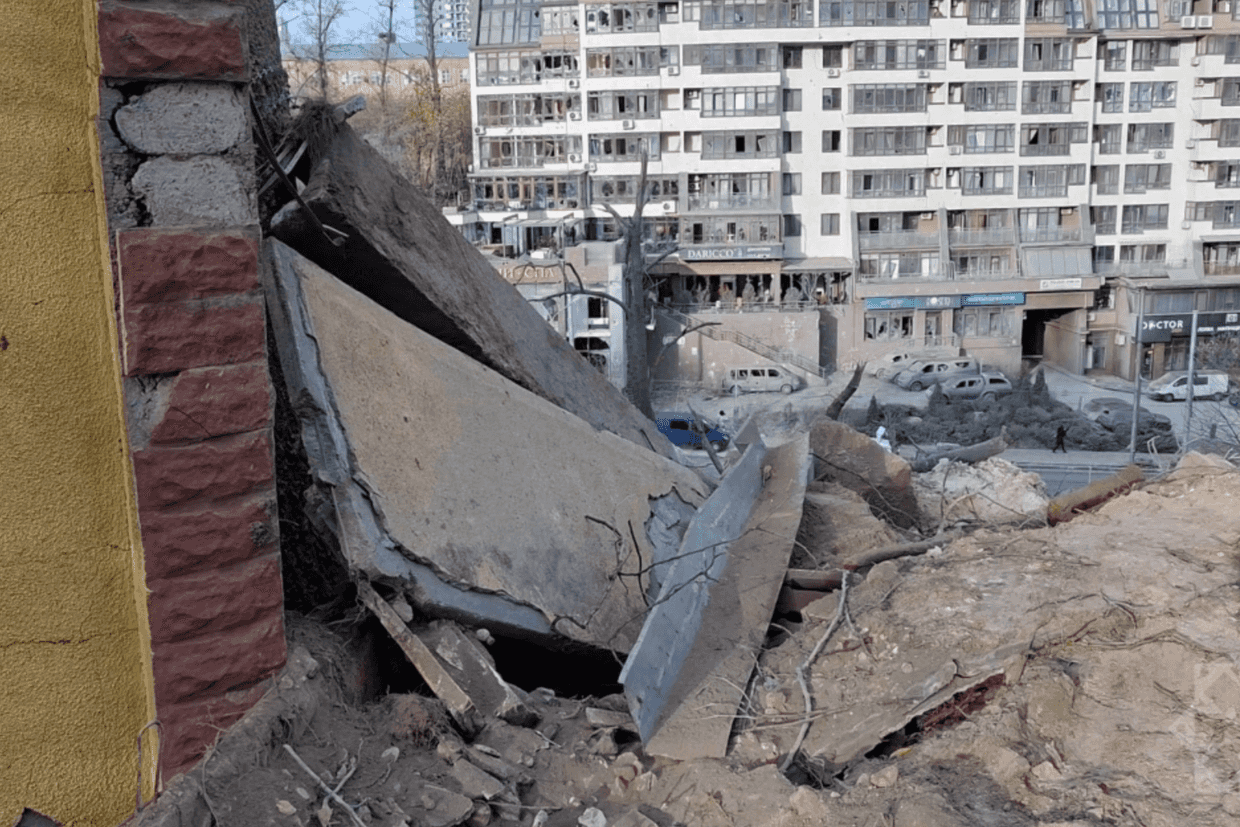
The former executive director of Azerbaijan’s State Support Fund for Media Development has been arrested and charged with embezzlement, money laundering, and abuse of office.
The arrest came as Azerbaijan moves to introduce reforms to media regulation in the country that could put greater pressure on journalists.
s accused of depositing ₼5.8 million ($3.4 million) of embezzled funds into bank accounts in 2015 and 2018.
Prosecutors say he misappropriated funds allocated for the construction of flats to be given to journalists in 2013–2019 by exaggerating the costs of materials in official documents.
The fund he headed had provided financial support to the media in Azerbaijan and, controversially, built and handed out flats to journalists.
The first block of 156 flats was distributed in 2013 and a second building of 255 flats was completed in 2017.
Many independent media experts said at the time that the government’s allocation of housing to certain journalists was aimed to silence them. However, several journalists who received flats disputed this.
[Read more: What does an Azerbaijani journalist need the most: a free flat or a free environment?]
‘Elements of censorship’
Immediately after the arrest, President Ilham Aliyev signed a decree ‘on deepening media reforms’ in Azerbaijan.
The decree included the creation of a new agency, the Media Development Agency, which will be headed by Ahmad Ismayilov.
The stated aim of the agency is ‘to support the development of the media in Azerbaijan, to continue institutional building in this area, and to stimulate the introduction of new information and communication technologies and innovations.’
Mehman Aliyev, the director Baku-based news agency the Turan Information Agency and a regular government critic, told OC Media that the new agency would have a broader mandate that the previous body. He said that the new agency would take on a wider supervisory role, including monitoring social media.
In an article published on Turan, Aliyev said he found ‘elements of censorship’ in several articles of the new law.
He pointed to several powers given to the Media Development Agency, including to take measures to ‘protect state and commercial secrets, as well as confidentiality’.
The agency will also be responsible for checking if ‘information disseminated in the online media does not meet the requirements provided by law’ and ‘to take measures in accordance with the Code of Administrative Offenses of the Republic of Azerbaijan in case of detection of signs of administrative error in the field of print and online media, and in case of signs of crime to provide relevant information’.
Aliyev also warned that as the agency has the right to engage in commercial activities, it could compete with the media.
‘Until now, the role of the media, supported by the state legally and illegally, has been to serve the interests of the government, not society, which has led to a deplorable situation in various fields, including the media itself’, he said.
He said that the current law had already been ‘distorted’ for the past 15 years to restrict freedom of speech.
‘The future law will shed more light on the government’s real motives for relations between the state and the media’, he concluded.








